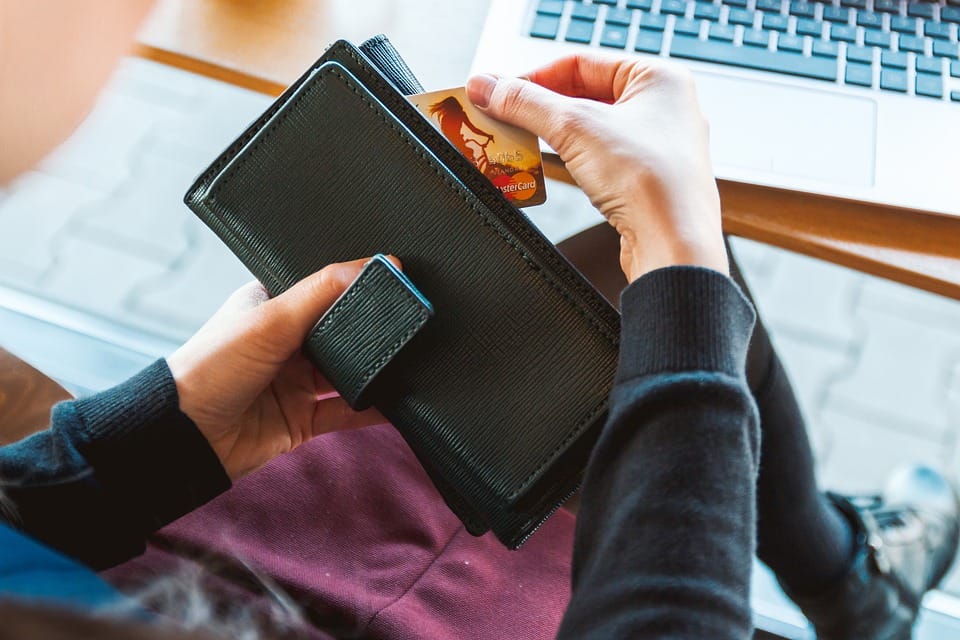Hot Wallets 101: Safeguarding Your Crypto Fortunes from Hackers and Scammers
As the world of cryptocurrency continues to grow, so do the risks and threats that come with it. With the increasing value of cryptocurrencies like Bitcoin, Ethereum, and others, it’s essential to ensure that your digital assets are protected from falling into the wrong hands. In this article, we’ll explore the world of hot wallets, also known as software wallets, and provide guidance on how to keep your crypto currencies safe from hackers and scammers.
What are Hot Wallets?
A hot wallet, also known as a software wallet, is a digital wallet that can be accessed online, and is designed to hold and manage cryptocurrencies like Bitcoin, Ethereum, and other altcoins. Hot wallets are different from cold wallets, which are hardware-based storage solutions for cryptocurrencies. Hot wallets are software programs that are installed on a device, such as a smartphone, tablet, or computer, and are typically connected to the internet.
How Hot Wallets Work
Hot wallets typically work by creating a unique digital address for each cryptocurrency you want to store, and you can manage your cryptocurrencies using this digital address. When you send or receive cryptocurrencies using a hot wallet, the transactions are logged on a blockchain, a public ledger that records all the transactions made with a particular cryptocurrency.
Risks Associated with Hot Wallets
Hot wallets, like any digital storage solution, are not immune to security risks. Here are some of the common risks associated with hot wallets:
- Hacking: Hot wallets that are connected to the internet, like most of them, are vulnerable to hacking. If a hacker gains access to your hot wallet, they can drain your funds.
- Phishing: Phishing scams involve fake emails, texts, or messages that ask you to reveal sensitive information, such as login credentials or PINs.
- Keyloggers: Keyloggers are malicious software that records your keystrokes, including your login credentials and PINs.
- Malware: Malware is malicious software that can infect your device and steal your sensitive information, including your cryptocurrencies.
How to Protect Your Hot Wallets from Hackers and Scammers
To safeguard your cryptocurrencies from falling into the wrong hands, follow these best practices:
- Choose a reputable hot wallet provider: Research and choose a reputable hot wallet provider that has a good track record of security and customer support.
- Use strong passwords and 2-factor authentication: Use strong, unique passwords, and enable 2-factor authentication to prevent unauthorized access to your account.
- Keep your software up-to-date: Regularly update your hot wallet software to ensure you have the latest security patches.
- Use a strong master password: Set a strong master password to protect your hot wallet, and consider using a password manager to generate and store your passwords securely.
- Use a secure browser: Use a reputable web browser, such as Google Chrome or Mozilla Firefox, and consider using a browser extension that adds an extra layer of security.
- Monitor your account activity: Regularly monitor your account activity to detect and report any suspicious transactions or activity.
- Backup your hot wallet: Regularly backup your hot wallet data to a secure location, such as an external hard drive or a cloud storage service.
Conclusion
In conclusion, hot wallets are convenient and easy to use, but it’s essential to be aware of the risks associated with them. By choosing a reputable hot wallet provider, choosing strong passwords, and following best practices, you can safeguard your cryptocurrencies from falling into the wrong hands. Remember, prevention is the best medicine, and taking proactive steps to secure your hot wallet is crucial in the crypto world.
Frequently Asked Questions (FAQs)
Q: What is the difference between a hot wallet and a cold wallet?
A: A hot wallet is a software-based wallet that is connected to the internet, while a cold wallet is a hardware-based wallet that is not connected to the internet.
Q: Is it possible to lose my cryptocurrencies if I use a hot wallet?
A: Yes, it’s possible to lose your cryptocurrencies if you use a hot wallet and it’s hacked or compromised.
Q: Can I use a hot wallet on my smartphone?
A: Yes, many hot wallets are available for mobile devices, such as smartphones and tablets.
Q: Can I use a hot wallet on multiple devices?
A: It’s possible to use a hot wallet on multiple devices, but you should always ensure that you’re using the same strong password and 2-factor authentication on all devices.
Q: Is it possible to recover my cryptocurrencies if I accidentally send them to the wrong address?
A: In most cases, it’s not possible to recover cryptocurrencies once they’re sent to the wrong address, so it’s essential to double-check the receiving address before making a transaction.
Q: Are hot wallets suitable for beginners?
A: Yes, hot wallets are suitable for beginners, as they’re easy to use and require minimal technical expertise.
Q: Can I use a hot wallet to store other digital assets, such as tokens?
A: Yes, many hot wallets support other digital assets, such as tokens, in addition to cryptocurrencies like Bitcoin and Ethereum.
By understanding the risks and benefits of hot wallets, you can make informed decisions about how to store and manage your cryptocurrencies. Remember, security is key in the world of cryptocurrency, and following best practices will help you safeguard your digital assets from falling into the wrong hands.

Leave a Reply